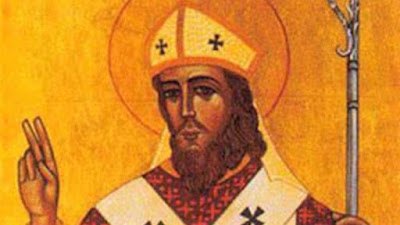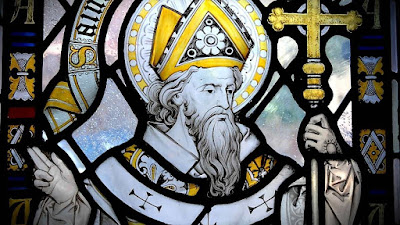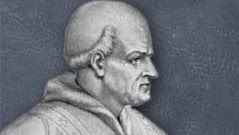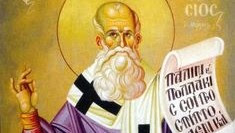St. Anthony of Egypt, "the Father of Monasticism"
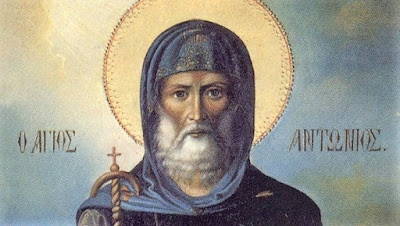
Memorial - January 17th It is interesting that someone who once hoped to be a martyr would instead live to be 105 years old — thus it was with Saint Anthony (or Antony) of Egypt. Born in the year 251, he would not only live through the last of the persecutions of Christians by the Roman Empire, but he would then go on to fight the heresy of Arianism and eventually become known as “the father of monasticism.” Anthony was born in Coma, Egypt, to affluent parents who died when he was only 20 years old. Left with a substantial material inheritance, it would be the spiritual foundation that his family had impressed upon him which would have the greatest influence on his life. Not long after their death, Anthony heard a Gospel reading at church that he felt was spoken directly to him: “If you would be perfect, go, sell what you possess and give to the poor, and you shall have treasure in heaven.” (Mt 19:21) Much like St. Francis of Assisi, Anthony took this Scripture passage qui
